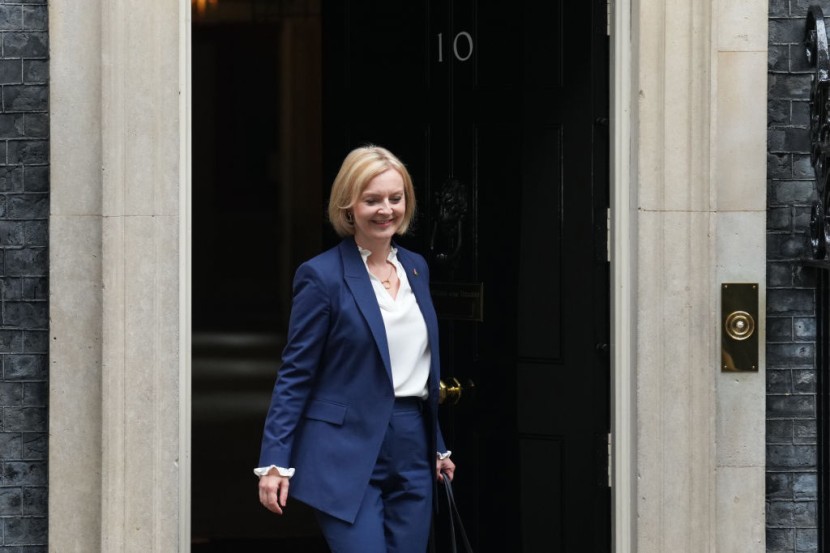
Newly-elected UK Prime Minister Liz Truss has finalized the details of her planned $172 billion energy bailout plan to tackle soaring energy bills in the region, which looks likely to cool inflation but add more to the country's borrowing.
On Truss' first full day as Britain's new prime minister after succeeding Boris Johnson, she told parliament that she would support businesses and households who are preparing for a recession that is forecast to start later this year.
Liz Truss' Energy Bailout Plan
Sterling fell to its lowest level against the U.S. dollar since 1985, partly due to concerns among investors about the scale of debt that Britain will have to sell to fund the energy support plan. It also comes from the worries about tax cuts that the new prime minister promised.
A source who was familiar with the situation said that Truss was considering freezing energy bills in a plan that could cost hundreds of billions of pounds, a major turnaround from her rejection of "handouts" during the early stages of the Conservative Party leadership campaign, as per Reuters.
In a statement, Deutsche Bank said that the energy price support and the promised tax cuts could cost about half of Britain's historic pandemic spending push. They argued that this would deal a blow to the country's public finances.
The prime minister ruled out demands by the opposition Labour Party that she fund some of the spendings by raising taxes on energy firms. "I am against a windfall tax. I believe it is the wrong thing to be putting companies off investing in the United Kingdom," said Truss.
According to CNN, the freezing of the average annual energy bill for households will be set at around $2,860 for the next two years. That would mean bills rising by 27% from their current level, but keep them well below the $3,954 that they would be starting in October without government intervention.
Freezing Energy Prices
The cost of the plan would outstrip the amount the government spent subsidizing the salaries of millions of workers during the pandemic to prevent mass layoffs. It also dwarfs the $94 billion that the German government promised so far this year to help its households and businesses meet their energy costs.
The United Kingdom, similar to the rest of Europe, is struggling to pay for its ambitious relief package. Truss ruled out extending the $6 billion tax that former Finance Minister Rishi Sunak introduced in May on UK oil and gas producers to fund an earlier energy relief package.
The country's new finance minister, Kwasi Kwarteng, also indicated over the weekend that more borrowing was on the way. He said that given the severity of the crisis in the region, there will need to be some fiscal loosening to help people through the winter season.
Opposition leader Keir Starmer said that Truss knows she has no choice but to back an energy price freeze. However, he noted that the plan would not be cheap and the real choice, the political choice, is who is going to pay for it, the Associated Press reported.
Related Article:
© 2025 HNGN, All rights reserved. Do not reproduce without permission.








